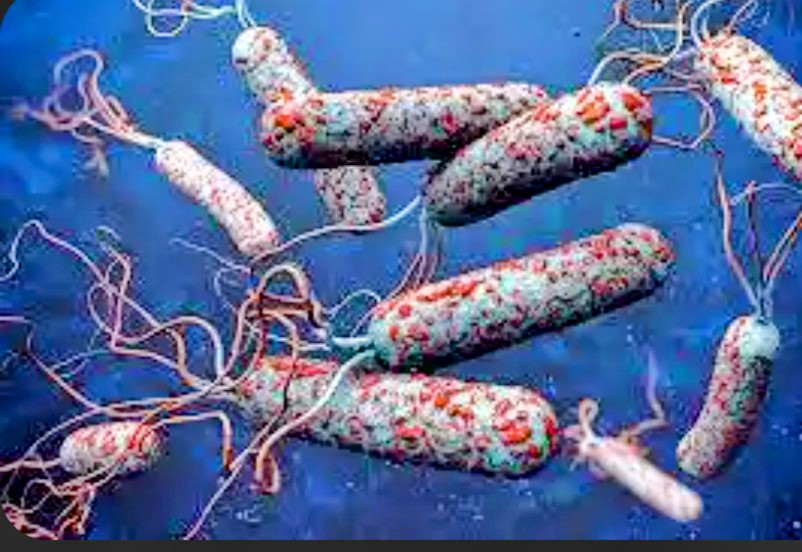Niger State Battles Cholera Outbreak Despite Patient Recoveries

Niger State is confronting an ongoing cholera outbreak with new cases emerging, even as over 327 patients have been discharged from medical facilities. Currently, 27 patients are receiving treatment across four local government areas, namely Chanchaga, Shiroro, Munya, and Wushishi.
The Deputy State Disease Surveillance Officer, Uriah Mahmudu, confirmed these new developments during the delivery of a fresh supply of cholera response materials from the United Nations Children’s Fund (UNICEF) aimed at curbing the transmission of the disease.
Mahmudu reported that the current admissions include 10 patients at the Cholera Treatment Centre (CTC) in Kuta, Shiroro LGA, 8 in Wushishi, 7 in Chanchaga, and 2 in Kabula, Munya.
Mahmudu assured the public that the supplies from UNICEF would be utilized effectively, emphasizing the importance of providing treatment along with hygiene packages for patients.
He stated that communities with suspected or confirmed cholera cases would also receive necessary items to mitigate further spread of the disease.
Theresa Pamma, the Water, Sanitation, and Hygiene (WASH) Specialist from UNICEF’s Kaduna Field Office, highlighted the critical nature of this intervention as the state continues to experience new infections.
Pamma revealed that, to date, seven patients are being treated in one facility, with four confirmed positive for cholera. She noted that the state’s significant 46 percent open defecation rate and reliance on unsafe water sources are major contributors to the ongoing crisis.
During the handover of supplies to the Niger State Ministry of Health, Pamma provided essential water and sanitation kits, cholera treatment kits, and community hygiene materials.
She underscored the urgency of breaking the transmission of cholera by ensuring that people do not consume contaminated water or food.
Pamma urged residents to prioritize proper sanitation measures, such as using household toilets and treating water before consumption, to help contain the disease’s spread. She stated, “If every household in Niger State can have a toilet, cholera will not come,” advocating for government support in equipping every home with sanitary facilities.
Previous donations included community cholera kits, specialized medical supplies, and sanitation tools. Dr. Idris Baba, UNICEF Health Specialist for the Kaduna Field Office, confirmed that the items available are sufficient to treat all current cases identified in the state.
As Niger State continues its efforts to combat cholera, community engagement and government action remain crucial to controlling the outbreak and safeguarding public health.


















